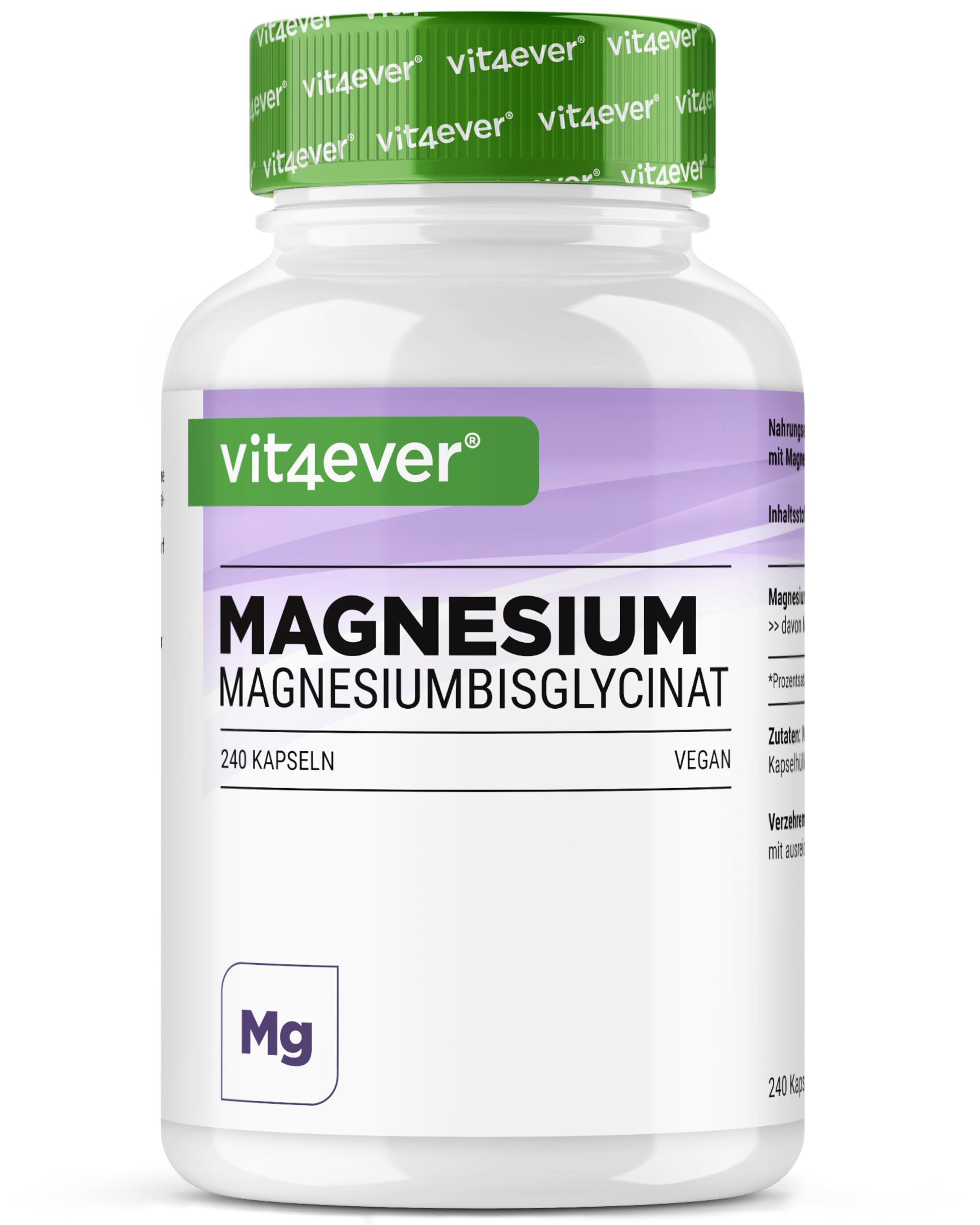A Comprehensive Guide to High Blood Pressure Medication

Introduction
High blood pressure, or hypertension, affects millions of individuals globally, often being referred to as a silent killer due to its lack of evident symptoms. According to the World Health Organization (WHO), around 1.28 billion adults aged 30-79 are living with hypertension, making understanding its management crucial for public health. The importance of high blood pressure medication lies not only in controlling the condition but also in preventing serious health complications such as heart disease and stroke.
The Types of High Blood Pressure Medications
High blood pressure medications, often referred to as antihypertensives, come in various classes, each designed to work in different ways. Common categories include:
- Diuretics: These medications help the body eliminate excess sodium and water, decreasing blood volume.
- ACE inhibitors: Angiotensin-converting enzyme (ACE) inhibitors relax blood vessels by preventing the formation of a hormone that narrows blood vessels.
- Calcium channel blockers: They prevent calcium from entering the smooth muscle cells of the heart and blood vessels, helping them relax.
- Beta-blockers: These drugs reduce heart rate and the heart’s workload, thus lowering blood pressure.
Current Trends and Guidelines
Recent studies have shown that appropriate management of high blood pressure can significantly lower the risk of cardiovascular diseases. The American Heart Association (AHA) recommends a target blood pressure of less than 130/80 mm Hg for most adults. Moreover, the medication and treatment approaches are increasingly becoming personalized, taking into account individual health profiles and comorbidities.
In light of recent guidelines, there is also a growing emphasis on lifestyle modifications alongside medication. Patients are encouraged to adopt a heart-healthy diet, engage in regular physical activity, and maintain a healthy weight to aid in their medication effectiveness.
Conclusion
The significance of high blood pressure medication cannot be overstated in the face of rising hypertension rates internationally. As research continues to evolve, healthcare professionals are better equipped to recommend tailored treatment plans that not only address hypertension but also promote overall well-being. For readers managing high blood pressure, it is vital to engage with healthcare providers to establish an effective plan that combines medication with healthy lifestyle choices, ensuring not only effective blood pressure control but also a reduction in the risk of associated health issues.
You may also like

An Overview of Omeprazole: Uses, Benefits, and Insights

Understanding Magnesium Glycinate: Benefits and Uses
